
In recent years, a significant shift has occurred in how individuals and couples approach starting a family. Delayed parenthood, once an exception, has become an increasingly common choice for many across the globe. This trend reflects a complex interplay of personal, professional, and societal factors. In this article, we delve into the reasons behind this shift, its implications, and what it means for the future of family life.
Traditionally, starting a family in one’s early twenties was the norm. However, recent decades have seen a marked increase in the average age of first-time parents. This trend is particularly pronounced in developed countries but is also gaining traction worldwide. What drives this change? The reasons are multifaceted, ranging from advances in reproductive health to shifts in societal norms.

Career and Education
One of the primary factors contributing to delayed parenthood is the increasing emphasis on career and education. For many, the desire to establish a stable career and achieve financial security takes precedence over starting a family. This is especially true as higher education becomes more accessible and necessary for many professional paths. The pursuit of advanced degrees and the competitive nature of the job market mean that childbearing is often postponed until these goals are met.

Economic Considerations
The economic landscape also plays a crucial role. The rising cost of living, combined with the financial burden of education loans and the uncertainty of job markets, makes the prospect of raising children seem daunting. Many potential parents prefer to wait until they feel financially secure and stable, a milestone that is increasingly hard to achieve at a young age.

Advances in Reproductive Health
From the advancements in reproductive health, couples now have more flexibility in deciding when to start a family. Fertility treatments such as IVF and egg freezing have provided opportunity to those who choose to delay parenthood, either for personal or medical reasons. These technologies have significantly impacted societal norms, making it more acceptable to have children later in life.

Changing Societal Norms
Societal norms and expectations have evolved. The stigma attached to late parenthood has diminished, with society becoming more accepting of diverse family structures and paths to parenthood. Furthermore, the role of women in society has undergone profound changes, with many prioritizing their autonomy, careers, and personal development before considering motherhood.
Implications of Delayed Parenthood
Delayed parenthood is not without its challenges and implications. On the one hand, older parents often bring more stability, experience, and resources to their parenting roles.

Fertility Challenges
One of the most significant implications of delayed parenthood is the potential for fertility challenges. As individuals age, both the quality and quantity of reproductive cells decline, making conception more difficult. Women over the age of 35 and men over 40 may face increased difficulties in conceiving naturally. This age-related decline in fertility can lead to a reliance on assisted reproductive technologies (ART), such as in vitro fertilization (IVF), which can be costly, emotionally taxing, and not always successful.
Lifestyle Adjustments
Choosing to become a parent later in life often means that individuals have more time to focus on their careers, travel, and personal development. This can lead to a more stable financial and emotional foundation for the child. However, older parents might also face significant lifestyle adjustments. The energy and stamina required for child-rearing can be more challenging as one ages, and balancing parenting with a well-established career can introduce complexities not as prevalent for younger parents. Furthermore, delayed parenthood may affect the dynamics within extended family networks, such as reduced support from aging grandparents.

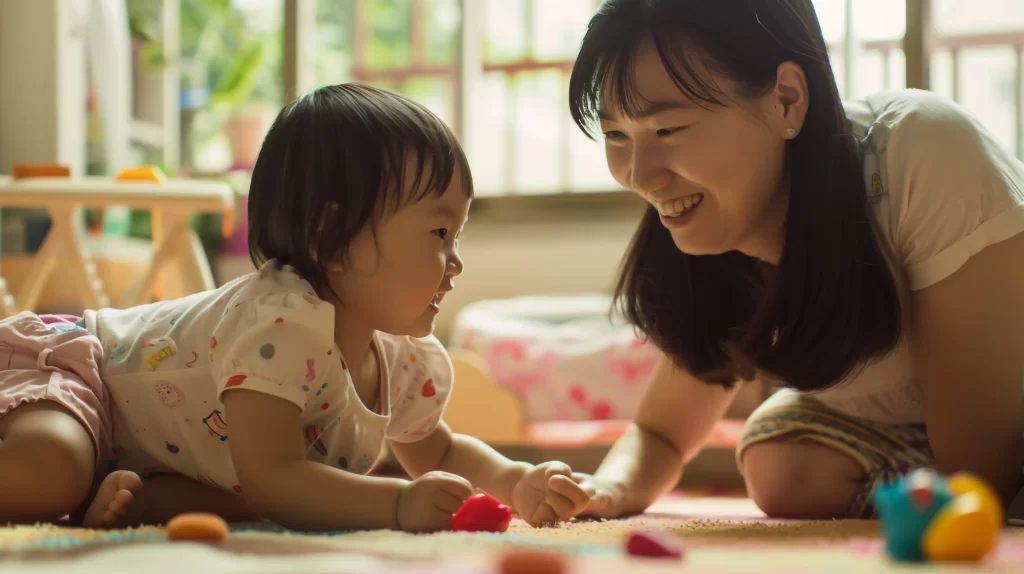
Child Care Considerations
Older parents may have different considerations when it comes to child care and education. On one hand, they might be in a better position financially to afford quality child care options and educational opportunities. On the other hand, they might face challenges related to social expectations and norms. For example, being significantly older than other parents at school events can impact social interactions and perceptions.
Moreover, older parents often think about the long-term implications of their age, including their health and ability to support their children into adulthood. There’s also the aspect of generational gaps, which can influence parenting styles, communication, and shared interests
Supporting Each Other Through Infertility Issues
When couples face infertility issues, the journey can be emotionally taxing and fraught with uncertainty. However, mutual support and understanding can significantly ease this burden. Here are ways couples can support each other,
Open Communication
Maintaining open and honest communication is crucial. Sharing feelings, fears, and hopes can help both partners feel understood and supported. It’s important to listen actively and validate each other’s emotions without judgment.
Educate Yourselves Together
Learning about infertility, treatment options, and what to expect can help demystify the process and reduce anxiety. Attending medical appointments together or participating in informational sessions can foster a sense of teamwork.
Consider Counseling
Infertility can strain even the strongest relationships. Professional counseling or support groups can provide a safe space to express feelings and learn coping strategies. Couples counseling specifically can help address any relationship issues that arise from infertility challenges.
Explore All Options
Be open to discussing all possible paths to parenthood, including ART, adoption, and the possibility of living a fulfilling life without children. It’s important to respect each other’s limits and feelings regarding different options.
Practice Self-Care and Couple-Care
Engage in activities that reduce stress and strengthen the relationship outside of the fertility journey. Whether it’s through travel, hobbies, or simply spending quality time together, nurturing the relationship can provide a much-needed respite from the emotional toll of infertility.
Foster a Supportive Network
Lean on friends, family, or online communities who understand and support your journey. Surrounding yourselves with a positive support network can provide additional emotional sustenance.
Facing infertility is a profound challenge, but it can also deepen bonds and foster resilience in a relationship. By navigating this journey with empathy, patience, and love, couples can support each other through the uncertainties of delayed parenthood, whatever the outcome may be.
Share this post
Related Posts

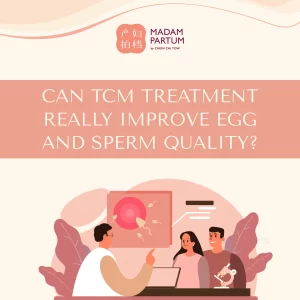
Can TCM Treatment really improve egg and sperm quality?
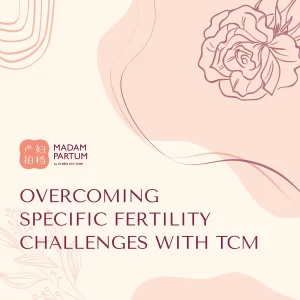
Overcoming Fertility Challenges with TCM
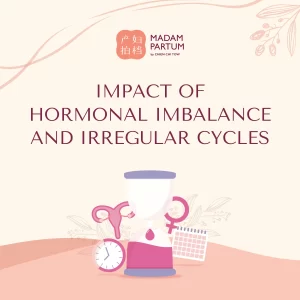


Newsletter
Other Posts
Explore the perinatal journey further to help you get ready for the changes ahead
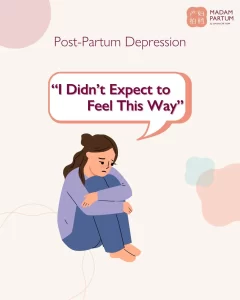

IG Timeline 491

TCM and Weight Loss

